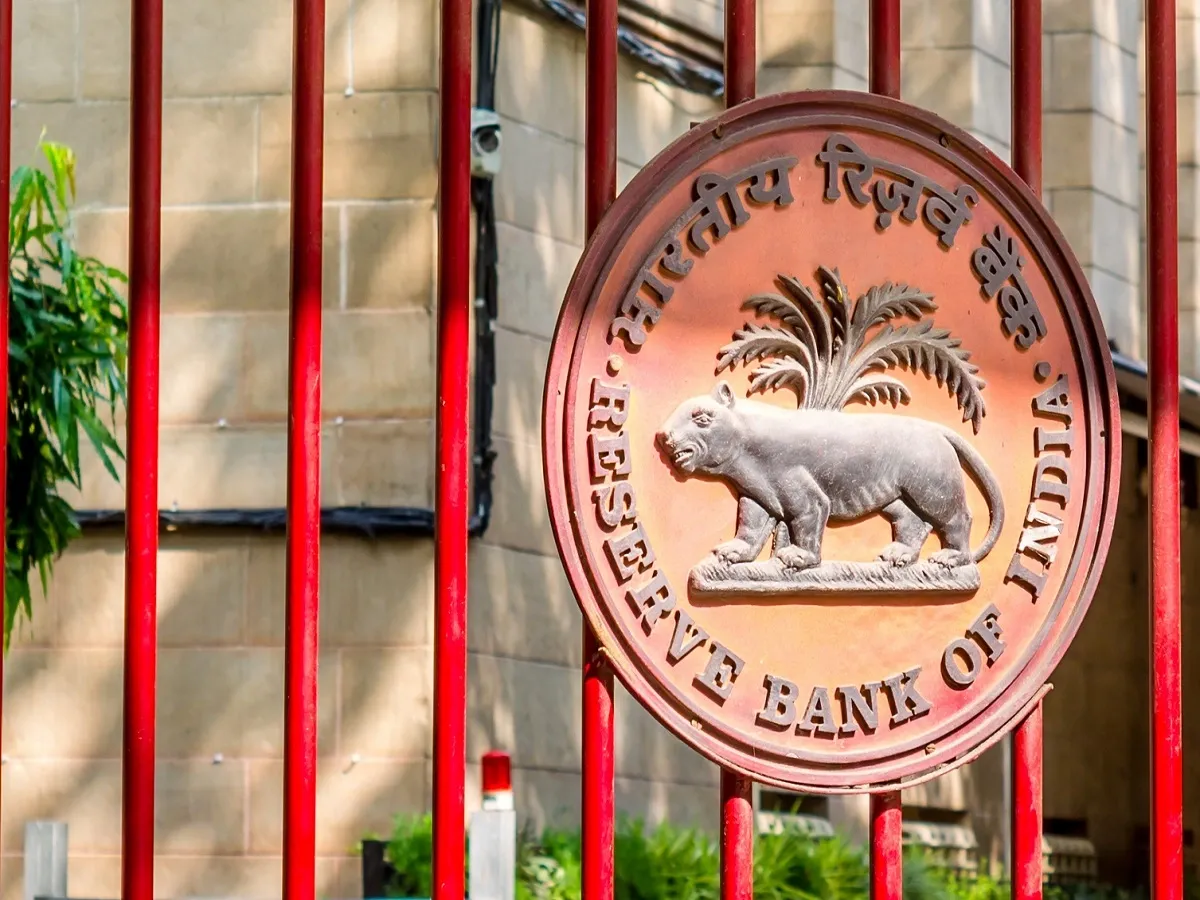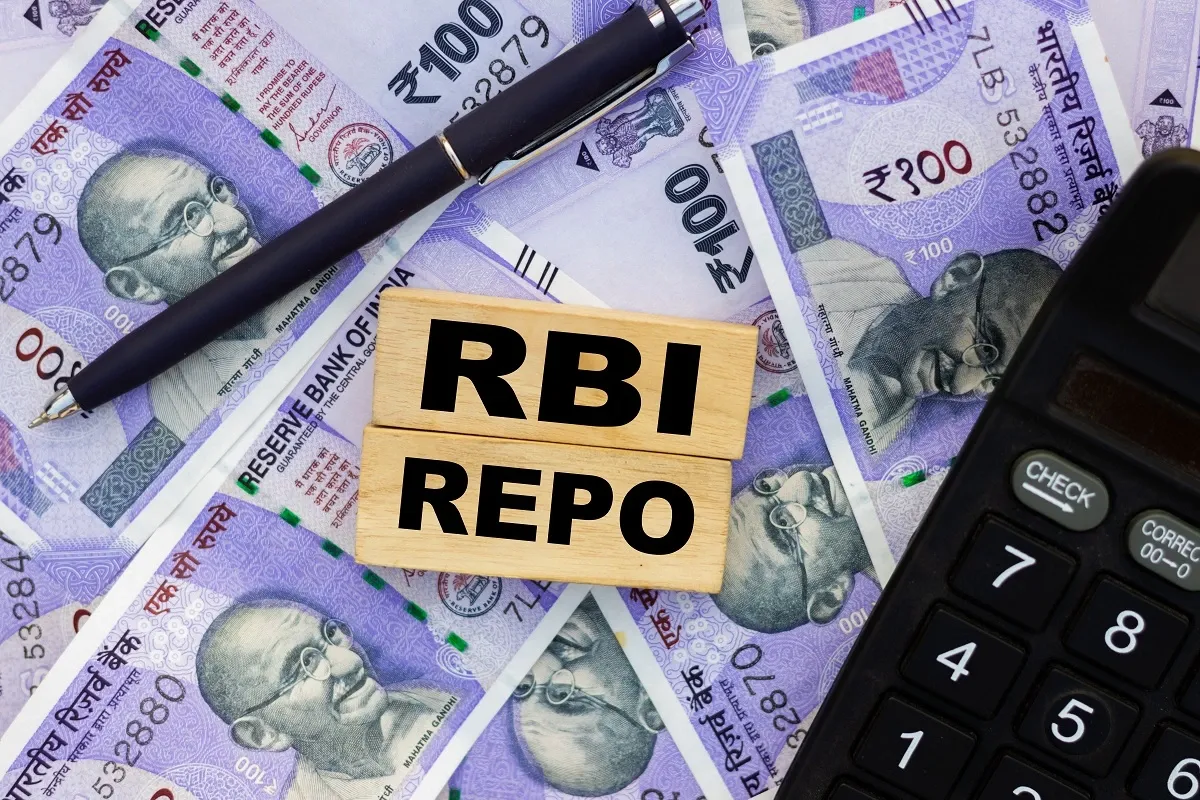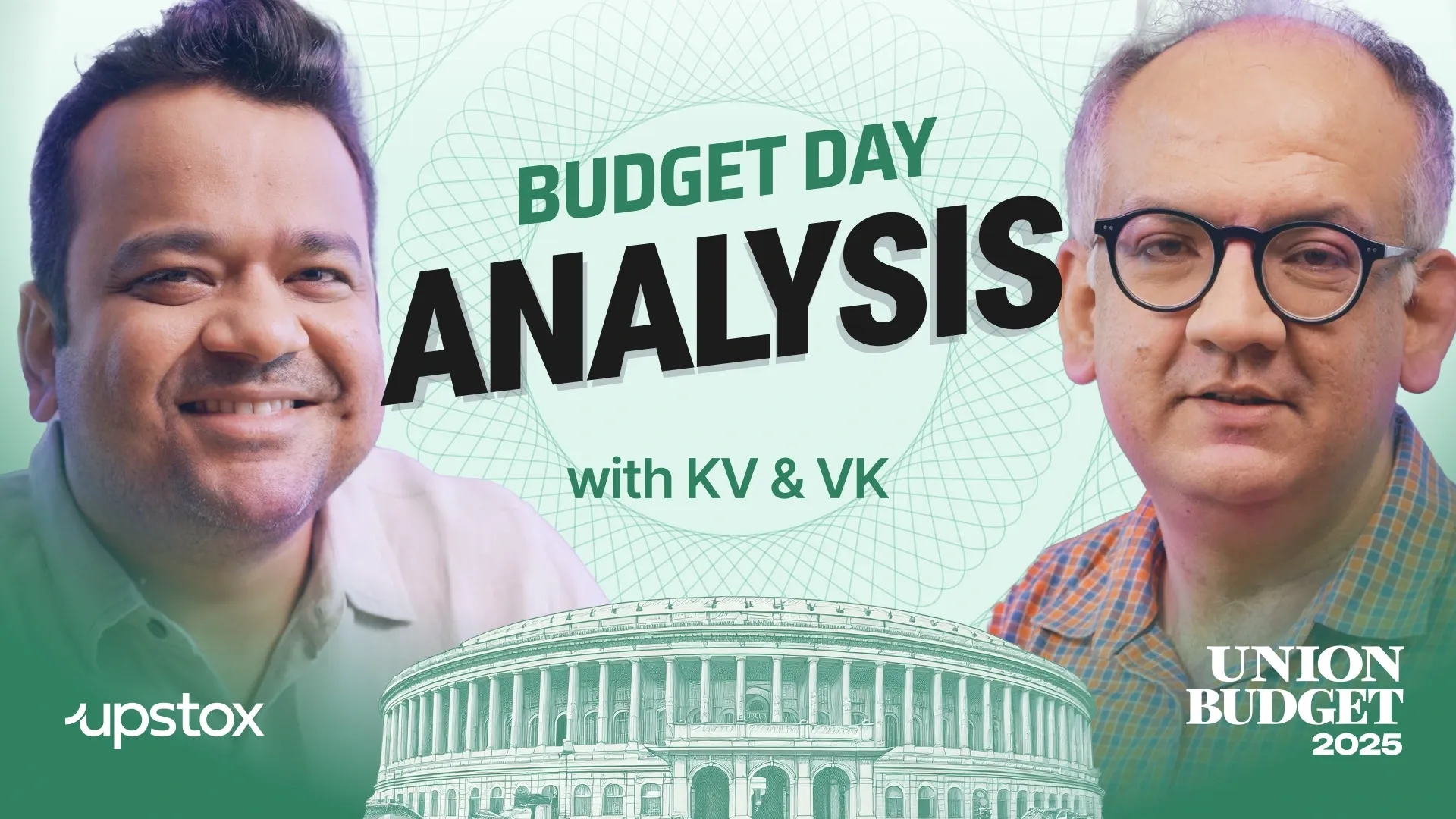Business News
Why the RBI changes the repo rate and how it affects you: Explained

3 min read | Updated on August 02, 2024, 11:54 IST
SUMMARY
The repo rate is one of the many monetary policy tools used by the Reserve Bank of India (RBI) to maintain price stability in the economy. The central bank utilises the repo rate to control the money supply, therefore impacting the level of inflation or deflation prevalent in the country.

During the June 2024 MPC meeting, the repo rate was kept unchanged at 6.50% for the sixth consecutive time.
The Reserve Bank of India (RBI) functions as the monetary authority of India, and managing the financial health of the economy is one of its core responsibilities.
The repo rate, short for “repurchase agreement,” is the rate at which the RBI provides an overnight loan to financial institutions and commercial banks against securities.
The apex bank utilises the repo rate, one of the many monetary tools, to control the money supply that impacts the level of inflation or deflation that may prevail in the economy.
Other monetary policy instruments utilised by the central bank include the reverse repo rate, the bank rate, the liquidity adjustment facility (LAF), the marginal standing facility (MSF), corridor, the cash reserve ratio (CRR), and many more.
Inflation denotes the loss in purchasing power of money. Over time, buying the same basket of goods costs more than it does now.
On the other hand, deflation occurs when the prices of a basket of goods decline consistently over a period of time.
Both inflation and deflation have an adverse effect on a country’s economic health.
Why does the RBI change the repo rate?
The RBI is the “lender of last resort” for commercial banks. These financial institutions borrow money overnight from the central bank against securities such as government bonds, treasury bills, etc, to meet their short-term financial requirements. The commercial banks return the money along with interest (the repo rate) to the RBI at a later date.
The central bank uses the policy rate to influence the interest on loans and savings that commercial banks offer their customers by influencing the cost of borrowing money for the commercial banks. Therefore, the repo rate is used as a tool by the apex bank to control the money supply.
In an inflationary situation, the RBI increases the repo rate. This leads people to borrow less and save more due to higher interest rates imposed by commercial banks; this causes a contraction in the money supply. With less money in hand, people decrease their consumption, which causes the demand for goods and services to fall, therefore ushering in a decrease in the general price level.
The RBI decreases the policy rate when the general price levels show a deflationary trend. A decrease in the repo rate causes a lower interest rate to be offered by the commercial banks, which attracts people to borrow more. Lower interest rates also spur domestic investment. Therefore, an increase in the money in the hands of the people and a higher rate of investment leads to an increase in consumption, which causes a rise in the general price level.
During the June 2024 MPC meeting, the repo rate was kept unchanged at 6.50% for the sixth consecutive time.
The decision regarding the repo rate is made by the RBI’s Monetary Policy Committee (MPC) to ensure that inflation remains around 4% with an upper and lower margin of 2%.
The MPC holds meetings at least four times in a fiscal year. The main objective of the committee is to set the benchmark policy interest rate (repo rate) in order to maintain price stability.
The MPC meeting is slated to start next week from Tuesday, August 6 to Thursday, August 8.
About The Author
Next Story

